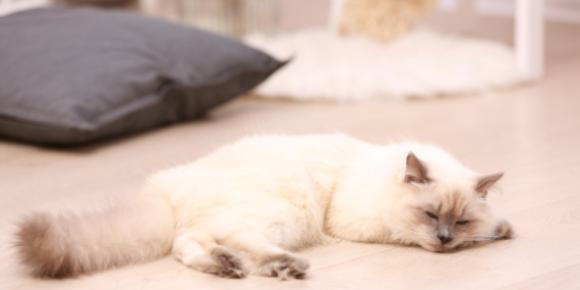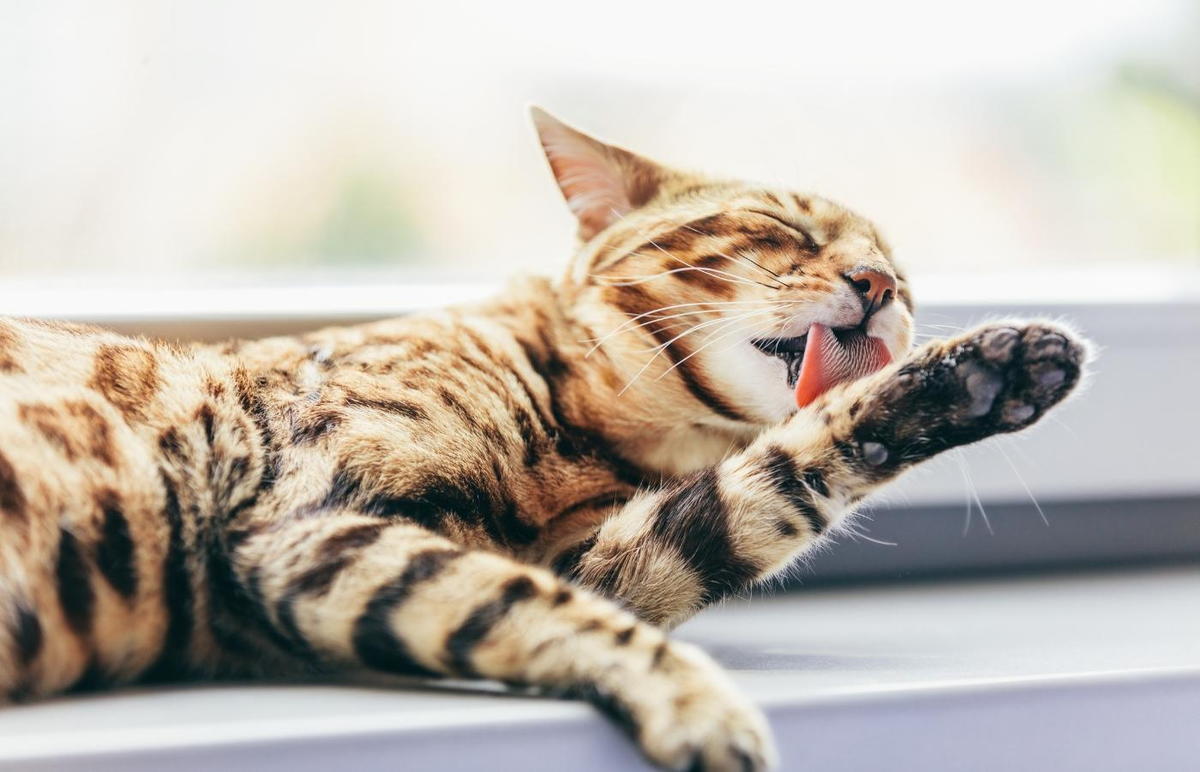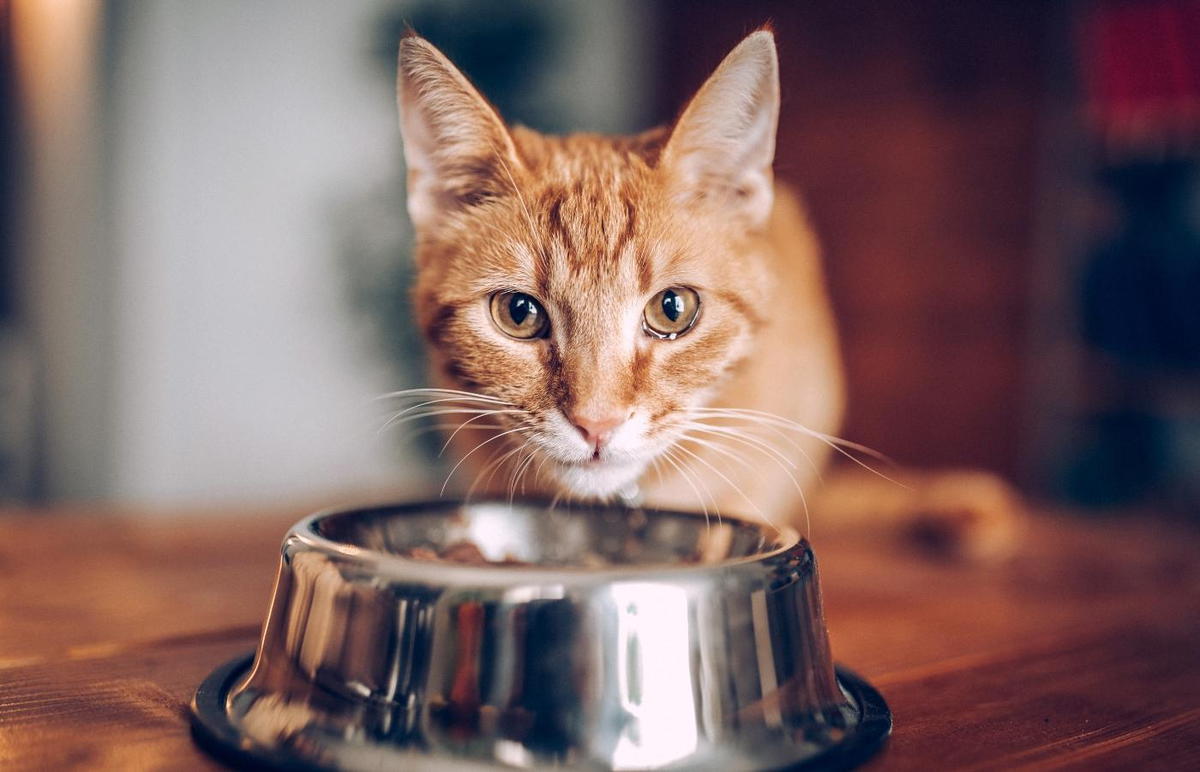
Understanding Vomiting in Cats: When to Worry and What to Do
- posted: May 23, 2024
Vomiting is a common concern among cat owners, and it can be stressful to witness your furry friend experiencing this. While occasional vomiting may not always mean it is a serious problem, repeated or severe vomiting can be a serious sign.
What Are the Common Causes of Vomiting in Cats?
Hairballs: Cats are thorough groomers, but this habit can lead to the ingestion of hair, resulting in the formation of hairballs that are eventually vomited up.

Dietary: Cats may ingest foreign objects, spoiled food, or consume their meals too quickly, leading to vomiting.
Gastrointestinal Disorders: Conditions such as gastritis, inflammatory bowel disease (IBD), pancreatitis, and gastrointestinal obstructions can trigger vomiting.
Parasites: Intestinal parasites like roundworms and hookworms can cause gastrointestinal irritation and vomiting.
General Diseases: Organ diseases such as kidney disease, liver disease, or hyperthyroidism can cause vomiting
Frequency: If your cat is vomiting frequently, such as multiple times in a day or several days in a row, this could be a red flag.
Severity: Vomiting that is forceful, projectile, or with any other symptoms like lethargy, diarrhea, or loss of appetite requires urgent attention.
Blood: If you notice blood in your cat's vomit or if the vomit appears dark, this could indicate a serious underlying issue and requires urgent veterinary care.
Chronic vomiting: Cats that vomit irregularly over a prolonged period may have an underlying health issue that needs to be addressed.
Changes in behavior or appetite: If your cat is vomiting and also showing signs of lethargy, hiding, or refusing to eat or drink, it's time to see the vet.

What To Do if My Cat Is Vomiting?
So, when should you be concerned about your cat's vomiting? Here are some signs that indicate it's time to see your veterinarian:
If your cat is vomiting but otherwise seems healthy and alert, you can try these steps at home:
Withhold food for 12-24 hours to give your cat's stomach a chance to settle. Always make sure they have access to fresh water to prevent dehydration.
After the fasting period, slowly reintroduce a bland diet such as boiled chicken or rice. You may ask your veterinarian for a bland diet recipe or purchase a prescription diet through them. Monitor your cat's reaction and reintroduce regular food slowly.
Keep an eye on your cat's condition. If vomiting continues or worsens, or if your cat develops other symptoms, contact your veterinarian.
Conclusion:
Vomiting in cats can be caused by various factors, and while occasional episodes may be minimal, persistent, or severe vomiting requires veterinary attention. As a responsible pet owner, it's essential to monitor your cat's health closely and seek veterinary care when necessary. Remember, early intervention can help identify and address underlying health issues, ensuring your feline friend stays happy and healthy for years to come. If you have any concerns about your cat's health, don't hesitate to reach out to your veterinarian for guidance and assistance.
Hours of Operation
8:00 am - 7:00 pm
8:00 am - 7:00 pm
8:00 am - 7:00 pm
8:00 am - 7:00 pm
8:00 am - 7:00 pm
8:00 am - 4:00 pm
8:00 am - 4:00 pm
Location
Find us on the map
Lakewood Pet Vet
6405 Del Amo Blvd
Lakewood, CA 90713
